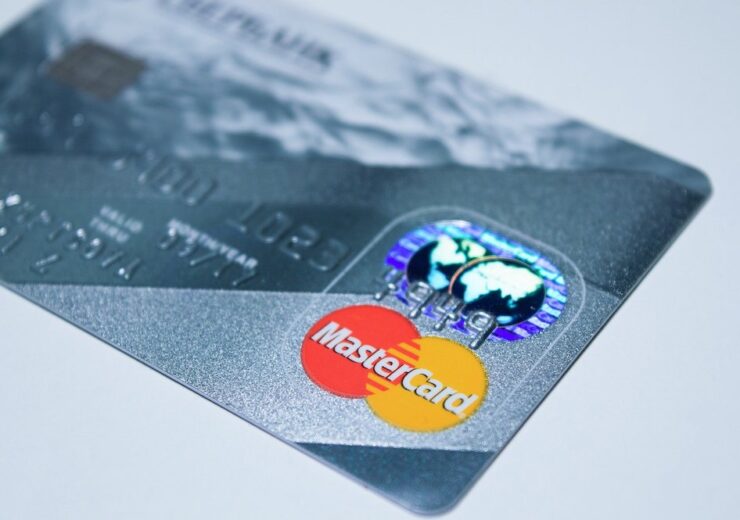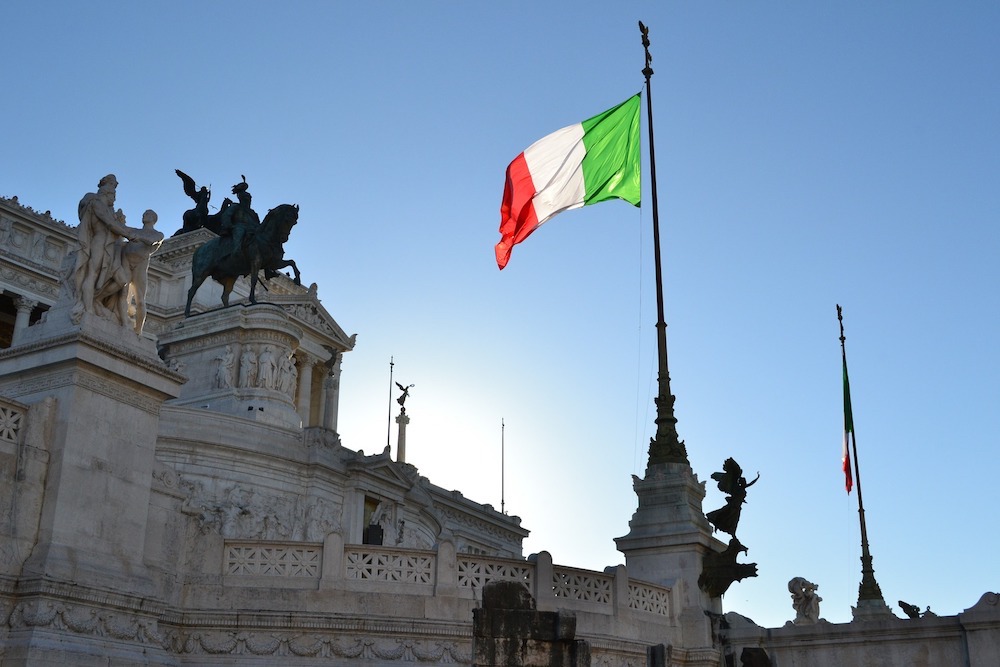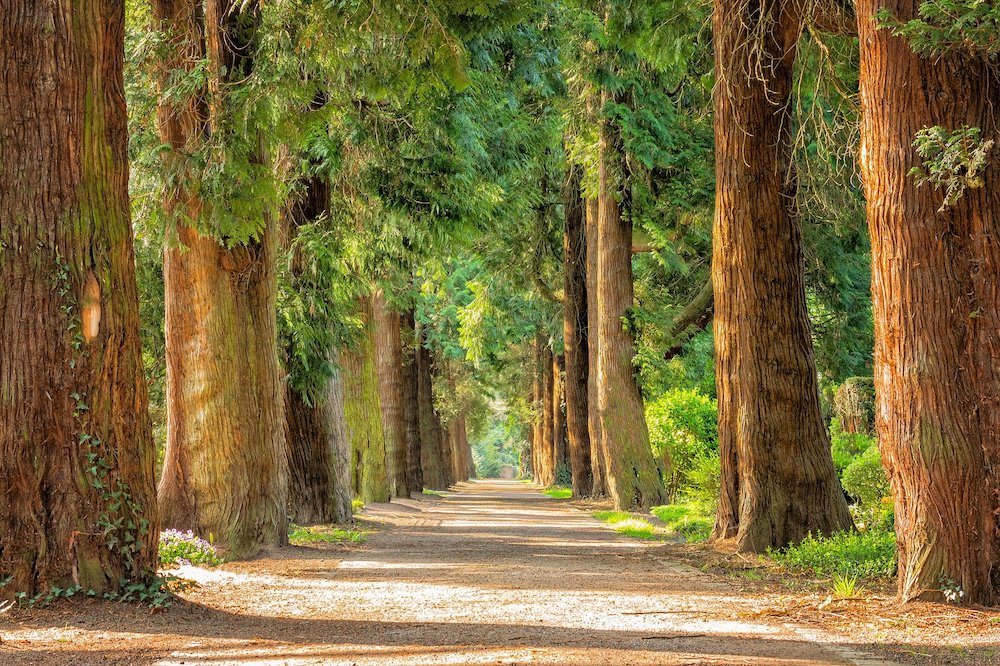More than 60 organisations, including Santander, Crédit Agricole, and DBS Bank, will issue the new sustainable cards developed by Mastercard

Mastercard has developed cards made from recyclable, bio-sourced, chlorine-free, degradable, and ocean plastics (Credit: Pixabay)
Mastercard has launched a new set of “sustainable” cards, using materials made from recyclable, bio-sourced, chlorine-free, degradable, and ocean plastics.
It follows a study conducted in May 2020 by the US-based multinational, in which more than three-quarters of people said they are “very concerned” about the environment and feel companies should be doing more to address their impact on the planet.
About six million cards — typically made from PVC — are issued each year with an average lifespan of three to four years, after which they’re sent to landfill.
Mastercard’s move into sustainable card manufacturing builds on its Greener Payments Partnership, which was set up in 2018 to establish environmental best practices and reduce first-use PVC plastic in card manufacturing.
The company’s president of cyber and intelligence Ajay Bhalla said: “Our goal is simple: we want to help banks offer more eco-friendly cards to consumers, and we are taking concrete steps to bring about that change.
“This way, everyone benefits – it’s better for the environment, it’s better for business and it meets evolving consumer needs.
“We’re excited to see our efforts gaining traction in so many parts of the world and hope more organisations will join us, as we collectively use our power for good to address these urgent environmental challenges.”
More than 60 organisations to issue ‘sustainable’ cards from Mastercard
The sustainable cards produced by Mastercard are available to consumers in more than a dozen countries, with over 60 financial institutions issuing cards made from approved materials.
The initiative is part of Mastercard’s multi-year effort that will eventually lead to its global certification scheme for approved sustainable cards.
DBS Bank general manager Lim Him Chuan said: “We’re pleased to partner with Mastercard on this important environmental initiative with the new DBS Eco Card, the first credit card in Asia made from polylactic acid (PLA) — a renewable and biodegradable polymer material that emits no toxic gases during incineration.
“With DBS and Mastercard focused on sustainability, this card underscores our commitment to protecting the environment as the way forward for everyone.”

Crédit Agricole Italia’s head of digital and payments, Marco Briata, said: “We know our customers are looking for more sustainable products and looking for ways to effect positive change in the world.
“This approach has enabled us to not only deliver on a consumer need but also offer a product that’s in line with our corporate sustainability values.”
Alongside its sustainable card, Mastercard’s UK-based Global DigiSec Lab has invested in technology that analyses the material that makes up a card to assess environmental claims on behalf of the industry.
The company says it gives customers the confidence that any Mastercard they are issuing from a sustainable material has been evaluated and independently verified.
Additionally, the lab is investing in research related to environmentally-friendly ways to recycle existing plastic cards.
Financial services firm MCB Group’s head of cards Stephanie Ng Tesung said her company was fully committed to “protecting the environment and our local heritage”.
She added: “We are converting our cards portfolio to PLA, which reduces traditional PVC use by more than 80%.
“In addition, every time that a customer uses our Mastercard debit card, we make a contribution to the Mauritian Wildlife Foundation to save threatened Mauritian species through the restoration of entire ecosystems.”
Mastercard looking to tackle climate change through its Priceless Planet Coalition
The move by Mastercard follows the launch of its Priceless Planet Coalition back in January, a platform designed to unite corporate sustainability efforts and make investments to preserve the environment.
With funding partners including Citibank and Santander UK, the US-based multinational has pledged to plant 100 million trees over five years.
Mastercard’s Banga said at the time: “No matter who you are or what you do, climate change affects you.

“But, it has the biggest negative impact on those who are socially and economically vulnerable.
“The time for just negating our environmental footprint has passed. Our best chance at changing the course we’re on and setting us all up for better futures is for companies and consumers to pull in the same direction towards a shared goal.
“We are committed to help advance change. We have an incredible network of reach. We have an incredible network of partners.
“We can put them to work to help deliver a positive impact for the environment in the form of a Priceless Planet Coalition.”
